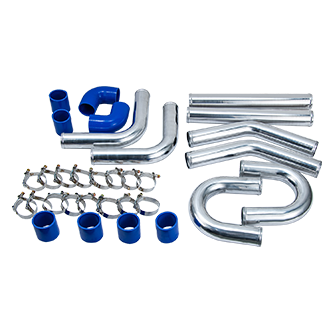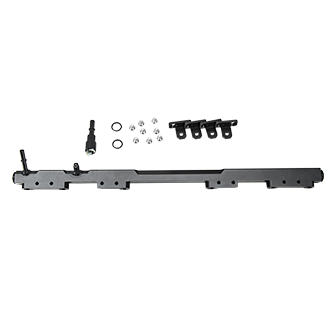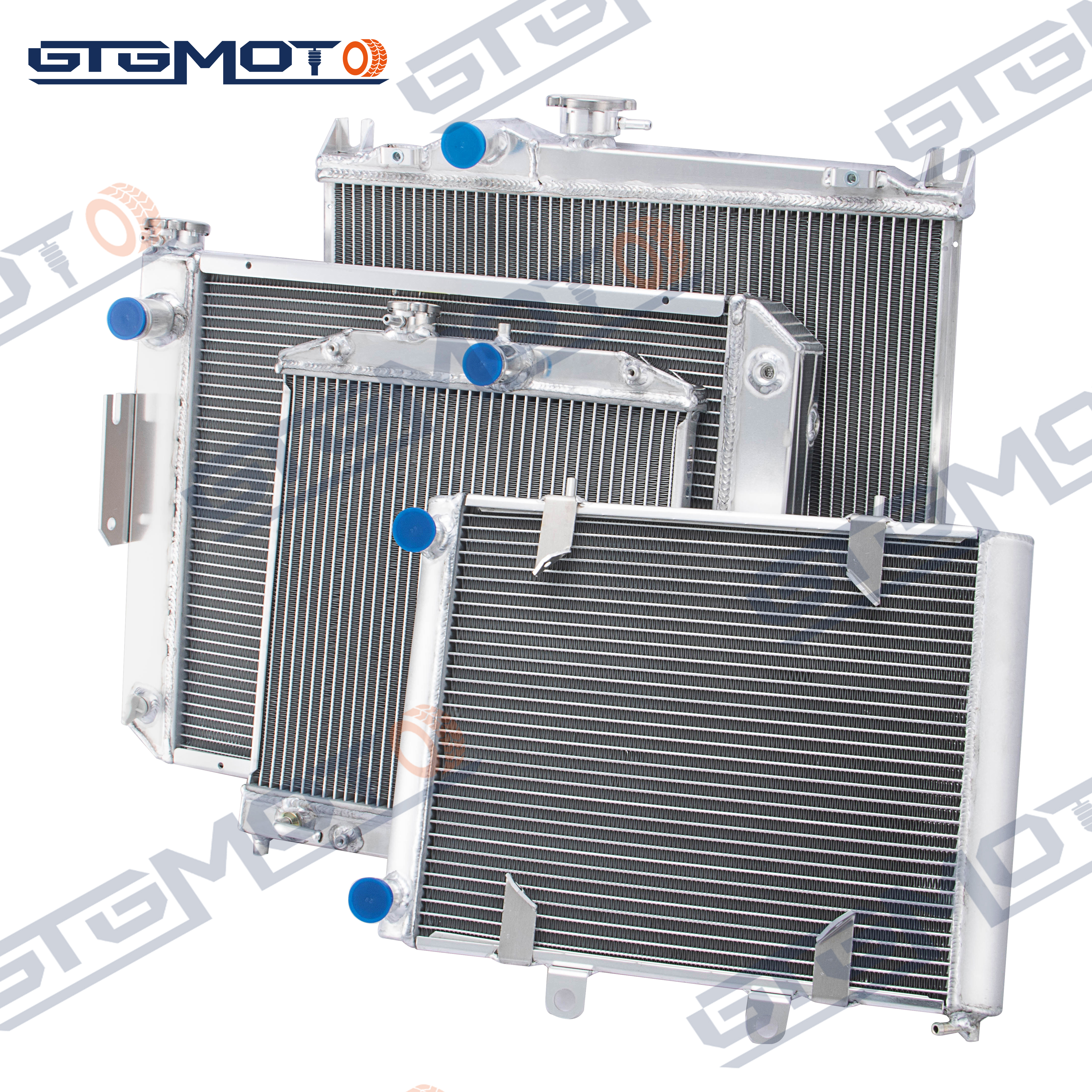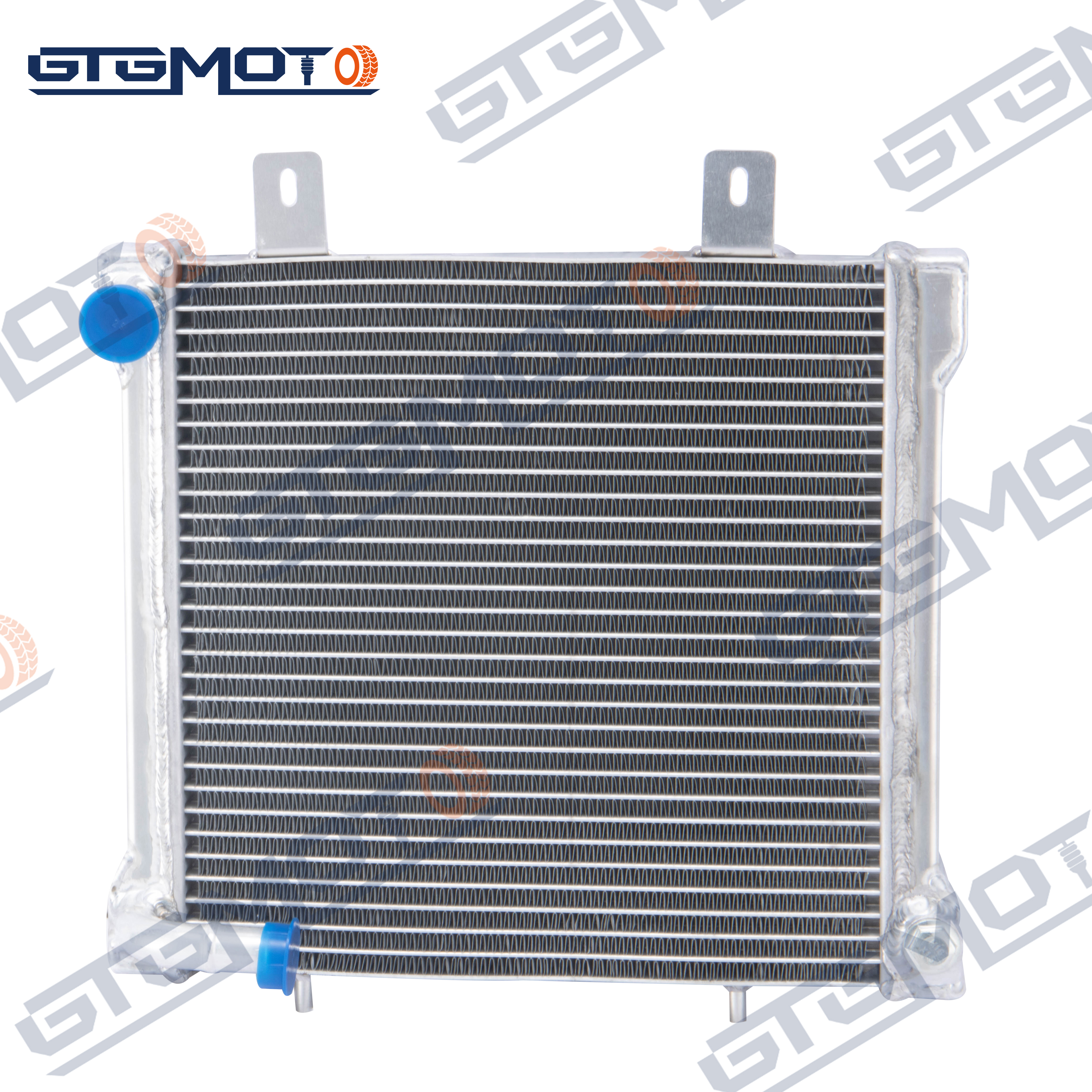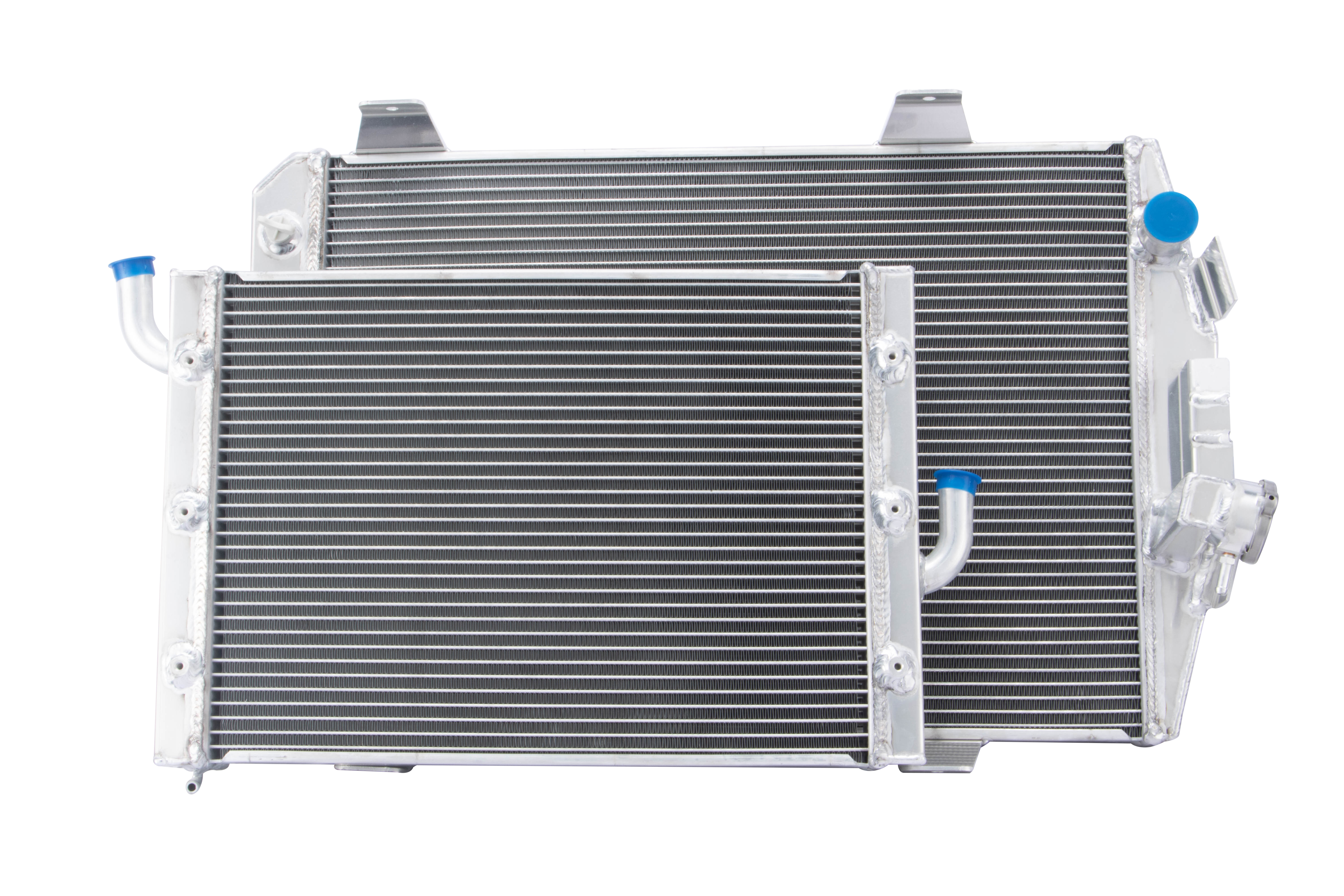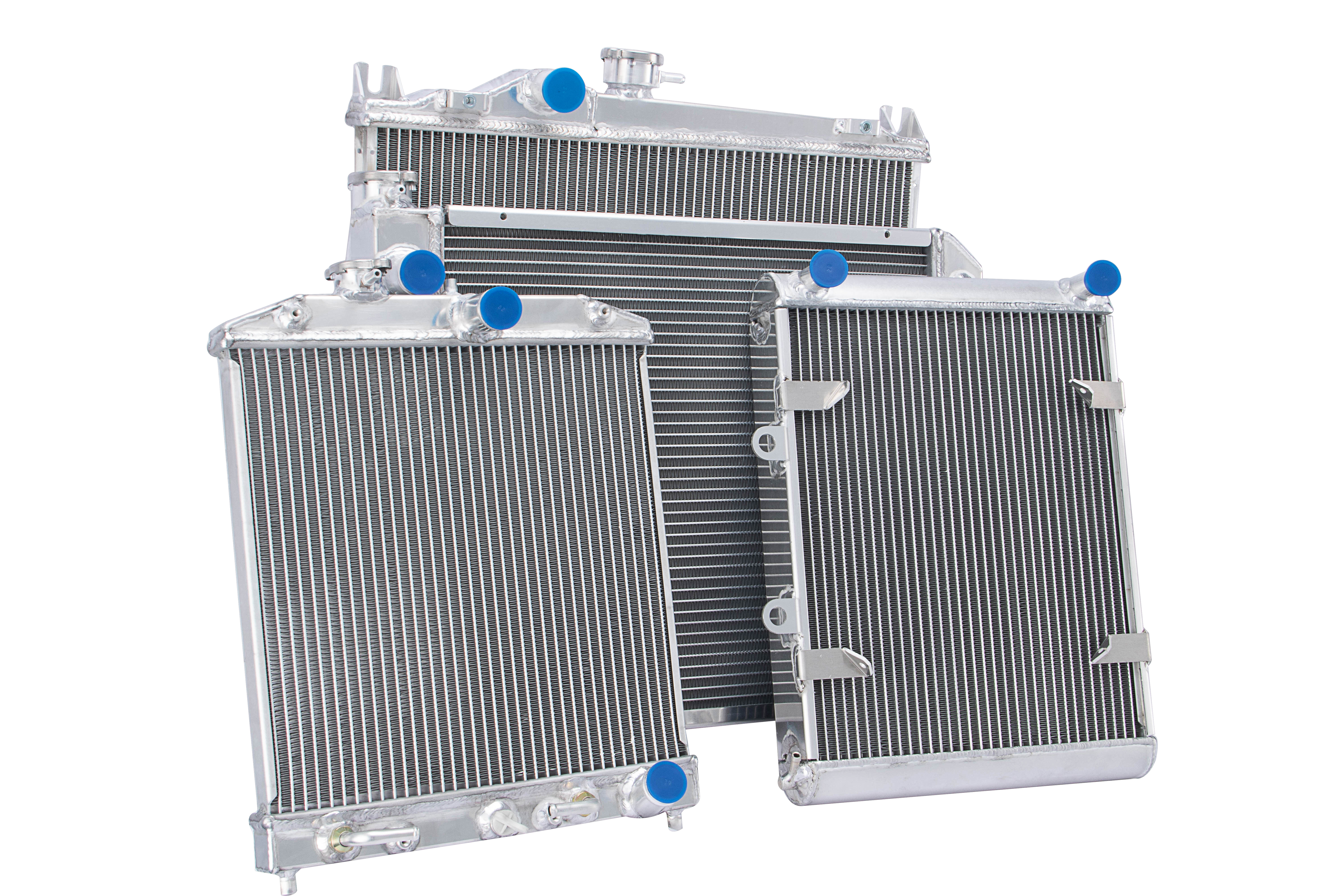car radiators
A car radiator is a crucial component of a vehicle's cooling system that prevents engine overheating by regulating temperature. Working as a heat exchanger, it circulates coolant through a series of tubes and fins to dissipate excess heat generated during engine operation. Modern car radiators are typically constructed from aluminum or a combination of aluminum and plastic, offering superior heat transfer efficiency and durability. The system comprises several key components including the core, tanks, pressure cap, and transmission cooler. The core contains numerous small tubes surrounded by fins that maximize surface area for heat dissipation. As coolant flows through these tubes, the surrounding air removes heat, maintaining optimal engine temperature. The tanks, located at the top and bottom of the radiator, distribute and collect the coolant. Advanced radiators often feature multiple pass designs, where coolant makes several passes through the core for enhanced cooling efficiency. Additionally, many modern radiators incorporate integrated transmission fluid coolers, which help extend transmission life by maintaining proper operating temperatures.

